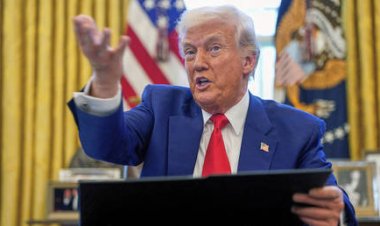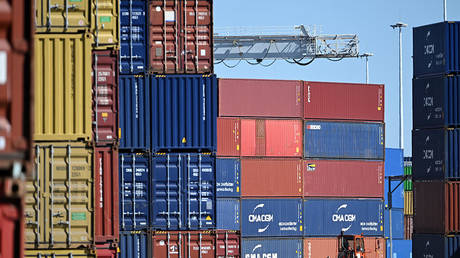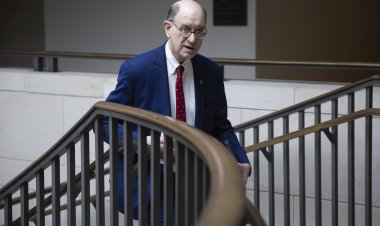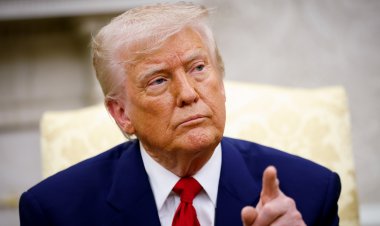Trump prohibits transgender athletes from participating in female sports
The directive affects both academic and professional competitions by reducing funding for institutions that fail to adhere to its requirements.
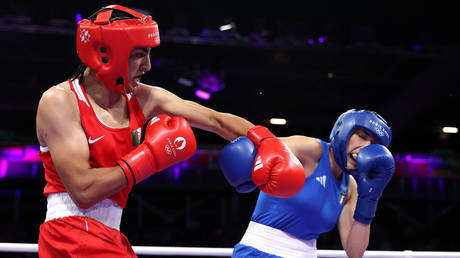
Titled “Keeping Men Out of Women’s Sports,” the order threatens penalties for organizations that do not adhere to its stipulations.
“From now on, women’s sports will be only for women,” Trump announced just before signing the order on Wednesday, aligning with National Girls and Women in Sports Day.
“We’ve gotten the woke lunacy out of our military, and now we’re getting it out of women’s sports,” he added, referring to his administration's recent efforts to eliminate diversity, equity, and inclusion initiatives within the military.
Trump also indicated that his administration will prohibit transgender athletes from participating in international events held in the United States, including the 2028 Los Angeles Olympics and the World Cup.
“In Los Angeles in 2028, my administration will not stand by and watch men beat and batter female athletes. We’re not going to let it happen,” Trump declared. He further directed the secretary of homeland security to reject any visa applications from men who attempt to enter the U.S. while claiming to be female athletes.
Surrounded by female athletes and young girls, Trump proclaimed, “The war on women’s sports is over.”
The issue of transgender athletes in women’s sports has ignited considerable debate, with some asserting that their participation undermines the fairness of female competitions. Others argue that inclusion should be based on gender identity rather than birth-assigned sex.
The topic garnered attention during the 2024 Summer Olympics in Paris, with Algerian boxer Imane Khelif and Taiwanese boxer Lin Yu-ting at the forefront of discussions regarding gender verification in sports. The International Olympic Committee defended their participation amid criticism.
The NCAA also faced scrutiny in 2022 following the victory of transgender swimmer Lia Thomas in the 500-yard freestyle, which reignited discussions about fairness in competition.
In 2023, World Athletics enforced a ban on transgender women who had undergone male puberty from competing in female world-ranking events. World Athletics President Sebastian Coe stated that this decision was made to prioritize fairness for female athletes.
Trump's executive order is indicative of a wider initiative by his administration to address transgender issues, including attempts to retract protections and limit access to gender-affirming care. Notably, on his first day in office, Trump issued an order recognizing only two genders—male and female.
LGBT advocates and civil rights organizations have expressed concerns that this recent action could harm transgender youth and might contravene anti-discrimination laws.
Legal challenges to the order are anticipated, as some of Trump’s previous policies have faced obstacles in federal courts. The legitimacy of the latest order may hinge on interpretations of Title IX, the civil rights law that prohibits sex-based discrimination in federally funded education programs.
In defense of the executive decision, White House press secretary Karoline Leavitt stated that it “upholds the promise of Title IX.”
Mark B Thomas for TROIB News








